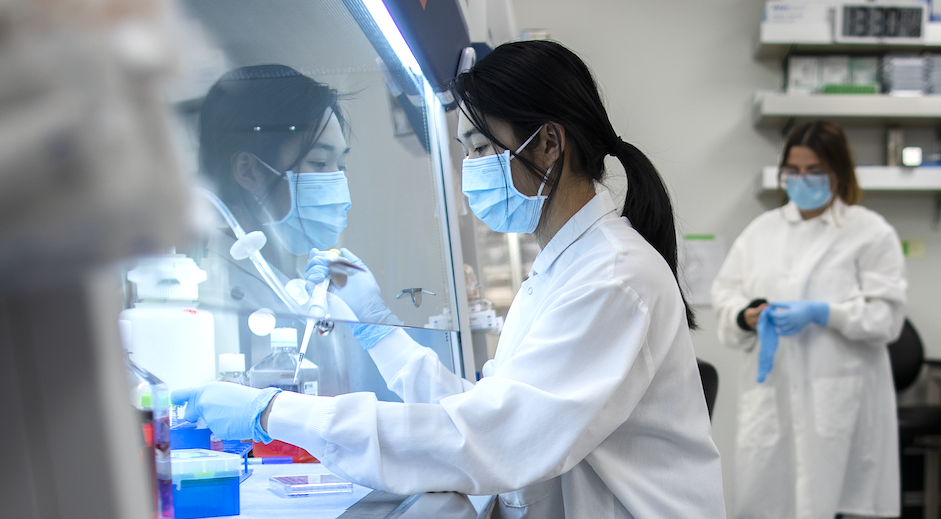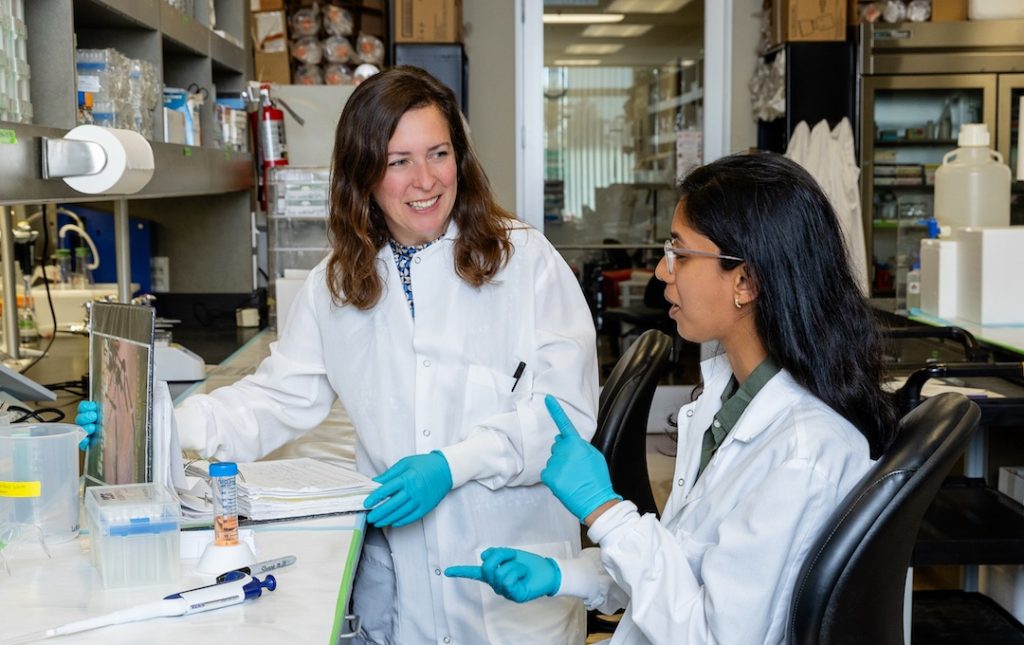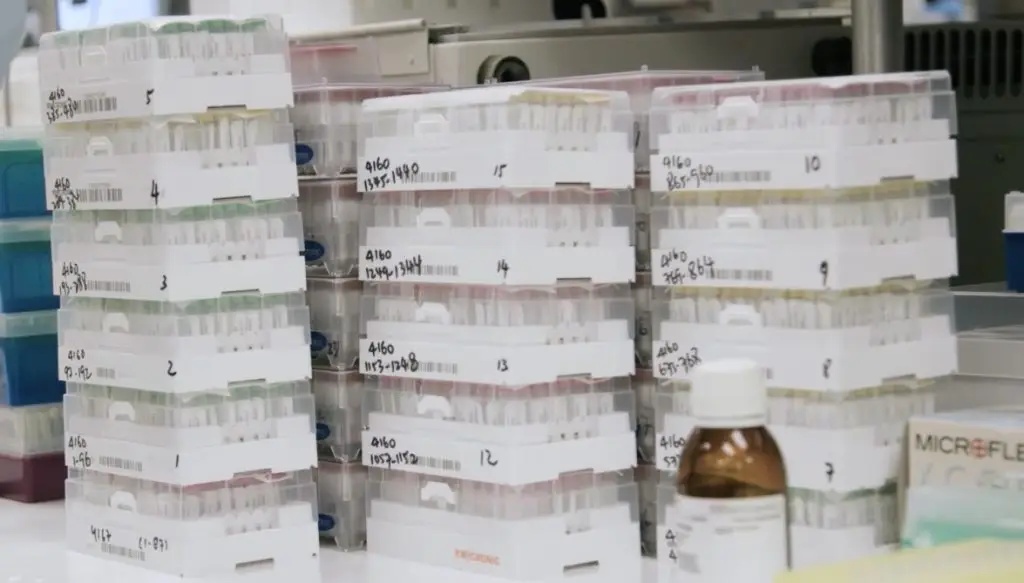Parkinson’s Disease
Parkinson’s disease is a degenerative neurological disorder that tends to strike people ages 60 and older. The Parkinson’s Foundation estimates that around 930,000 Americans live with the disease.
Parkinson’s disease develops when the brain cells that normally produce the neurotransmitter dopamine die off. When these cells die, the brain loses its ability to control movement, which leads to tremors in the hands and feet. People with Parkinson’s disease may eventually lose their ability to walk and talk and can experience memory loss, behavioral differences, chronic pain, depression and fatigue.
Many aspects of Parkinson’s disease remain a mystery. Although the disease tends to strike older people, 5 to 10 percent of cases are “early onset.” The disease can be inherited, but the majority of cases are “spontaneous” with no apparent cause. Environmental factors, such as exposure to pesticides, have been linked to an increased risk of Parkinson’s disease.
Currently, there are no therapeutics to treat the root cause of the disease, but there are drugs to help relieve symptoms. Patients frequently receive a medication called levodopa, also called L-dopa, which nerve cells can use to boost the brain’s dopamine supply.
Our Approach
Researchers at La Jolla Institute for Immunology (LJI) are investigating how the immune system may contribute to Parkinson’s disease, and they hope to help develop better diagnostics and more effective therapies.
LJI scientists have uncovered evidence that Parkinson’s disease is indeed partly an autoimmune disease.
In 2017, LJI Professor Alessandro Sette, Dr. Biol. Sci. and his colleagues showed that clumps of a protein called alpha-synuclein can act as beacons for certain T cells, causing them to mistakenly attack brain cells and potentially contribute to the progression of Parkinson’s. This was the first direct evidence that autoimmunity could play a role in Parkinson’s disease.
In a 2020 study, the LJI team shed light on the timeline of T cell reactivity and disease progression. The researchers looked at blood samples from a large group of Parkinson’s disease patients and compared their T cells to a healthy, age-matched control group. They found that the T cells that react to alpha-synuclein are most abundant when patients are first diagnosed with the disease. These T cells tend to disappear as the disease progresses, and few patients still have them ten years after diagnosis. This research shows that signs of autoimmunity can appear in Parkinson’s disease patients years before their official diagnosis.
In 2022, Dr. Sette and his colleagues published research showing that people with Parkinson’s disease have memory T cells with a very specific gene signature, and genes associated with targeting alpha-synuclein may very well be causing ongoing inflammation in cases of Parkinson’s.
In 2025, Dr. Sette published new findings that suggesting that tracking these inflammatory T cells may allow for early detection of Parkinson’s cases—years before motor symptoms develop.
These breakthroughs could make it possible to someday detect Parkinson’s disease sooner and potentially intervene with therapies to slow the disease progression.
Sex-based differences in Parkinson’s disease
Parkinson’s disease is about twice as common in men, compared with women. LJI researchers are investigating how immune cells may play a role in this striking sex-based difference.
Dr. Sette’s lab recently uncovered differences in T cell activity between women and men with Parkinson’s disease. The researchers found that some people with Parkinson’s disease have T cells that mistakenly target a protein called PINK1.
This T cell activity may led some T cells to attack brain cells that express PINK1, contributing to inflammation and brain cell death.
The LJI team found that men with Parkinson’s disease had a 6-fold increase in PINK1-specific T cells, compared with healthy male study participants. Women with Parkinson’s disease showed only a 0.7-fold increase in PINK1-specific T cells, compared with healthy female study participants.
Related News
- Research News
- Immune Matters
- Research News
Research Projects
The aim of this work funded by Aligning Science Across Parkinson’s (ASAP), in collaboration with Dr. Alessandro Sette, is to investigate T cell reactivity and disease progression in Parkinson’s disease. [...]
The lab investigates T cell reactivity and disease progression in Parkinson’s disease. Findings suggest immune cells are responsible for disease onset. Early interference with T cell responses could prevent the [...]




